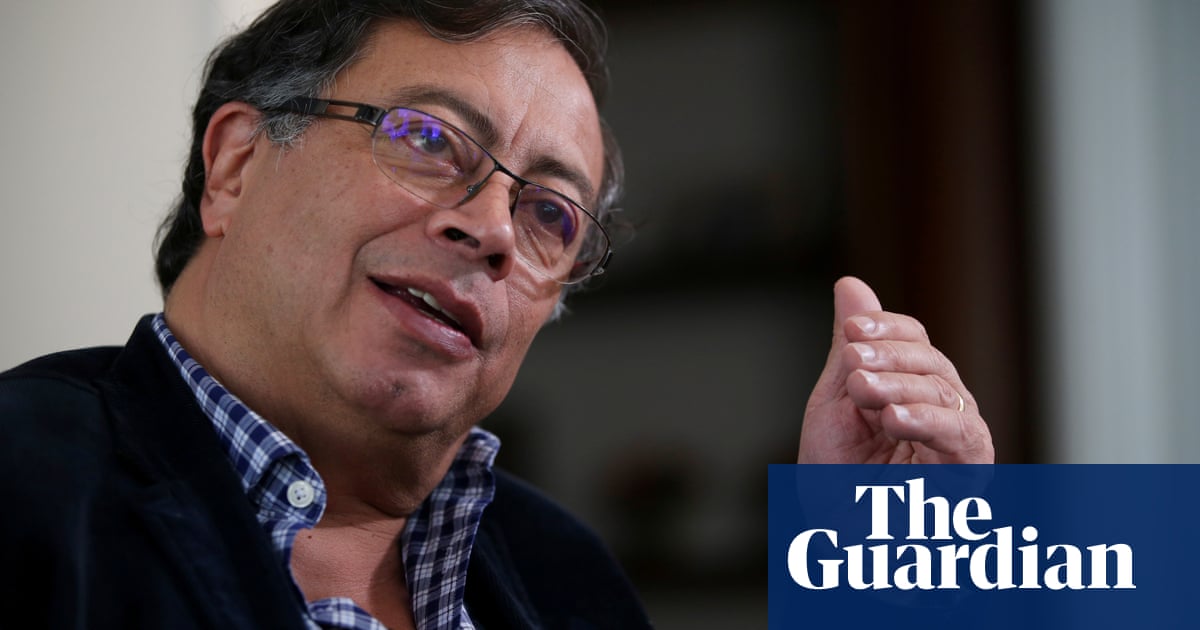
LONDON, Aug 3 (Reuters Breakingviews) - PepsiCo (PEP.O) has had it with 100% squeezed sunshine. The $216 billion maker of Lay’s Cheddar Jalapeno chips and Mtn Dew Cake-Smash soda is exiting Tropicana juices and Naked smoothies across North America for $3.3 billion of cash. Odd as it may seem for a company focused on “healthier snacks”, fatphobia is the overriding consideration, and one French buyout firm PAI Partners capitalised on.
Chief Executive Ramon Laguarta wants to use the money to invest and strengthen his balance sheet. But he’s keeping a finger in the bottle by retaining 39% in a new joint venture with PAI. That’s sort of what Nestlé (NESN.S) did in 2019 when it sold its U.S. ice cream arm to the French group. Laguarta also agreed to eventually sell some juice businesses in Europe to PAI.
The move allows Pepsi to focus on zero-calorie drinks, which in theory don’t lead to obesity, and products like SodaStream, which produce less plastic waste. That echoes Nestlé’s efforts to become a health and wellness conglomerate despite its waist-expanding candy products.
The deal values the brands, including the European ones, at around $4.5 billion including debt, or around 1.5 times 2020 sales. That’s a chunky discount to Pepsi itself, which trades at more than 3.5 times 2020 sales. Beverage and snacks companies, according to Refinitiv, trade at closer to 4 times trailing sales.
Part of that comes down to profitability. Dumping juices means Pepsi no longer needs to bother with fruits and vegetables. Bottles of Pepsi Max and Gatorade sports drinks don’t need refrigerating. The business being sold had a lower operating margin than Pepsi’s 14.3% in 2020. It reduces Pepsi’s exposure to food commodity price inflation, too.
Beyond those practicalities, Pepsi is also keenly attuned to the optics of obesity in America, where almost half of adults are expected to be unhealthily overweight by 2030, the Harvard T.H. Chan School of Public Health predicted. With obesity a major risk factor for complications from Covid-19, the potential for public health campaigns against sugary drinks, consumption taxes, ESG-related shareholder challenges and consumer lawsuits has only risen.
Given there’s no taking the calories out of fruit sugar, it’s no wonder Laguarta is willing to take Naked Green Machines - with 270 calories and 53 grams of sugar - off the shelf.
Follow @dasha_reuters on Twitter
CONTEXT NEWS
- PepsiCo on Aug. 3 said it agreed to sell Tropicana, Naked and other juice brands across North America to private equity firm PAI Partners, resulting in pre-tax cash proceeds of approximately $3.3 billion. It will retain a 39% non-controlling interest in a newly formed joint venture with PAI, the drinks company said. Pepsi also agreed on an irrevocable option to sell certain juice businesses in Europe.
- These businesses delivered around $3 billion in net revenue in 2020 with operating profit margins below Pepsi’s overall operating margin in 2020. PepsiCo expects to use the proceeds from the sale to strengthen its balance sheet and make organic investments.











